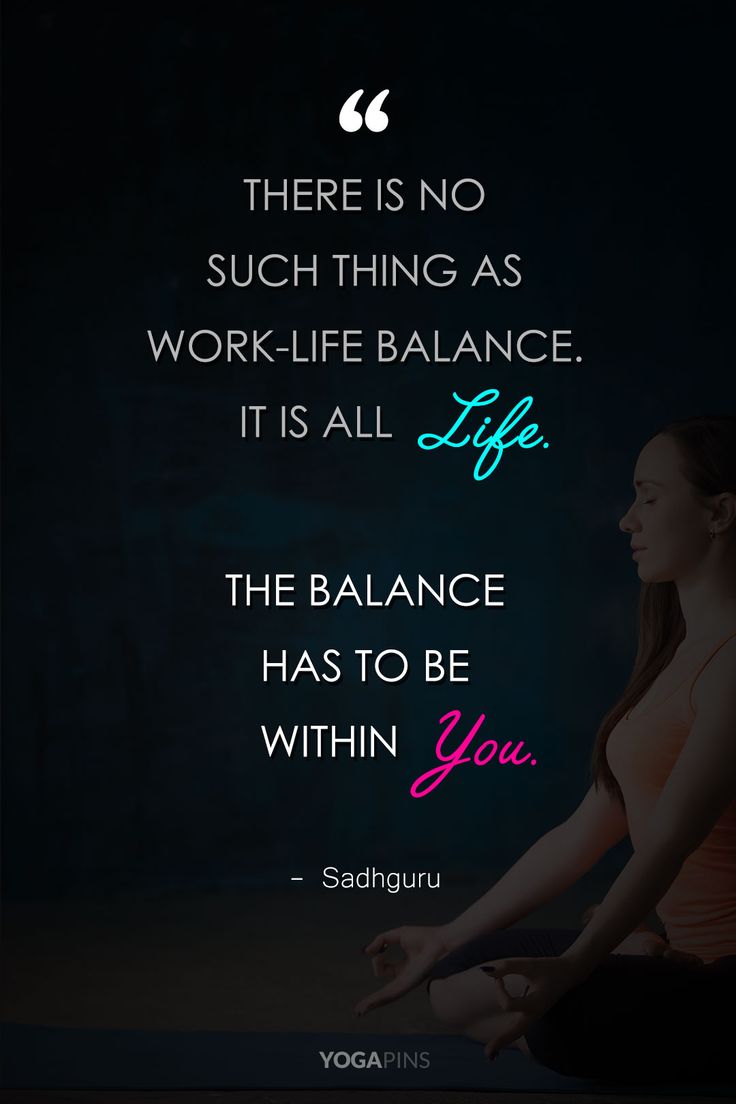Approximately 64% of employees would willingly accept a reduced workload along with a corresponding pay cut, suggesting that the majority value a healthy work-life balance and are prepared to prioritize it over financial benefits.
This means that 64% of people in India think they are unhappy with their work. The reason? Now everyone would jump out of their seats to cry “No work-life balance”. Well – in their understanding it might be true but you know what we have been viewing the whole picture with the wrong lens.
Every job has stress. Handling it is an art, to be honest. You can learn how to handle work stress here
You know those phrases we hear all the time? Like:
“Ugh, I have zero work-life balance.”
“My company doesn’t care about work-life balance. I’m always working late!”
“I need to find a job with better work-life balance.”
Sound familiar? I bet you’ve said or heard something like this recently. But here’s a crazy thought: What if this whole idea of “work-life balance” is actually… kind of bogus?

The Illusion of Separation
Separating Work from Life is Impossible.
Work is an integral part of our lives. It’s not something separate that we can simply switch off at 7 pm. Our careers, ambitions, and professional growth are deeply intertwined with our personal development and overall life satisfaction.
The Balance Comes from Within
As Jaggi Vasudev, also known as Sadhguru, famously said:
“There is no such thing as work-life balance. It is all life. The balance has to be within you”
– Sadhguru

This profound statement challenges our conventional understanding. The balance we seek doesn’t magically appear after working hours. It’s not about drawing hard lines between “work time” and “life time.” Instead, it’s about finding harmony within ourselves.
What Are You Actually Trying to Do?
We often think that establishing strict rules and schedules will automatically put everything in its place. We create boundaries, set alarms, and try to compartmentalize our lives. But does this really lead to the freedom and happiness we’re seeking?
Consider this: When you create a strict division between work and life, you might unknowingly foster resentment toward your work. If you view life as the hours after 5 pm and work as the necessary evil to pay bills, you risk seeing your job as an obligation rather than a meaningful part of your existence. Over time, this mindset can lead to a lack of satisfaction in both areas.

We create a borderline, thinking, “I will spend these many hours with my family and these many hours on my work.” We try to fit into this rule every day, thinking it will bring us happiness. But what if, instead of building walls, we embraced the idea that work is a part of life?
The Hidden Cost of Division
When we separate work and life, we create a division that breeds discontent. The more we cling to this artificial separation, the more we begin to view work as a chore, something that stands in the way of our “real” life. This attitude can create an internal struggle, where the hours spent working are seen as less valuable or even as something to be endured.
Imagine this scenario: You’ve had a long day at work, and as soon as you get home, you switch off from “work mode” and try to enjoy “life mode.” But there’s a nagging feeling in the back of your mind—a sense that you’re not fully present in either space. This happens because the division you’ve created isn’t natural. Work and life are not separate; they’re parts of the same whole.

The truth is—work is a big part of life. If you hate your work, you are hating a big part of your life. The more we try to keep them separate, the more we struggle to find true happiness and fulfilment.
The Inner Struggle
There is a struggle going on. We subconsciously believe that life only begins when work ends. But this mindset sets us up for failure because it ignores the reality that work is not just a means to an end—it’s a significant aspect of our lives.
When we see work as something separate, we create a conflict within ourselves. We end up chasing a mythical balance, trying to allocate hours to each part of our lives in a way that will never satisfy us. The real solution lies in embracing the interconnectedness of work and life, finding ways to bring our whole selves to every moment, whether we’re in the office or at home.
So, what should you do?
Don’t Be Friends with People Who Complain
Surround yourself with positive influences. If you’re constantly around people who complain about their jobs, it’s easy to get sucked into a negative mindset. Instead, seek out colleagues who view work as a fulfilling part of life. Their perspective can help you see the positive aspects of your own work.
Find Your “Why” at Work
Try to connect your job to something you really care about. Whether it’s making a difference in the lives of others, contributing to a larger mission, or simply mastering a skill, finding purpose in your work can transform it from a chore into a meaningful part of your life. When your work feels meaningful, suddenly it doesn’t feel so separate from the rest of your life.
Be Your Real Self at Work
You don’t have to put on a “work personality.” Bringing your true self to the office can actually make work feel more like a natural part of your life. When you allow yourself to be authentic, you’ll likely find that work becomes less of a burden and more of a fulfilling experience. Being yourself also fosters genuine relationships with colleagues, which can enhance your overall work experience.
Conclusion
The concept of “work-life balance” is rooted in a false separation between work and personal life. Rather than dividing our time into “work mode” and “life mode,” the true balance comes from within. By embracing work as an integral part of life, finding meaning in what we do, and being authentic in our professional roles, we can foster a sense of harmony and fulfillment. The key to happiness isn’t in strict boundaries, but in recognizing that work and life are interconnected, and both deserve our full presence and commitment.


1 comment on “Work-Life Balance is a Myth”